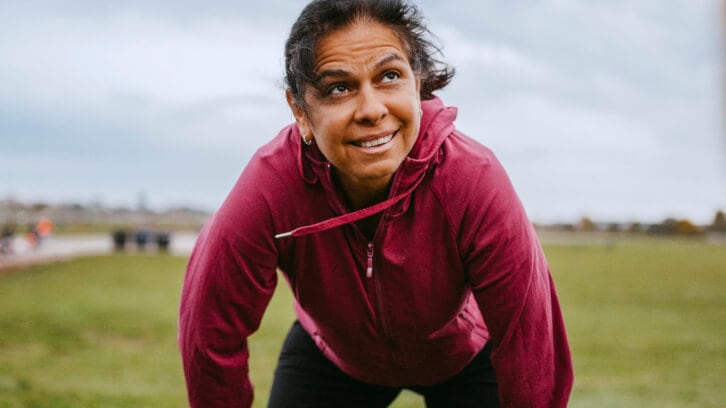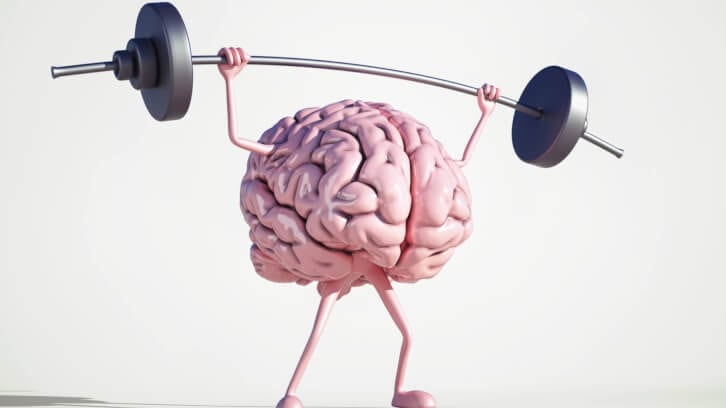Researchers from the University of Saskatchewan and University of Regina carried out a two-site randomized controlled trial in a group of 237 postmenopausal women to evaluate the effect of daily creatine supplementation on femoral neck bone mineral density (BMD). Lumbar spine BMD and proximal femur geometric properties served as secondary outcomes.
“The lack of an effect of creatine on BMD does not support our primary hypothesis, which was based on a smaller, shorter-duration study (i.e., 1 yr) in postmenopausal women, where we observed a significant preservation of BMD at the femoral neck with creatine compared with placebo during a supervised resistance training program,” the researchers wrote in the journal Medicine & Science in Sports & Exercise.
The study was supported by the Canadian Institutes of Health Research and the Canada Foundation for Innovation and used Creapure creatine monohydrate (AlzChem AG, Trosberg, Germany) as test product.
Differences between studies
In the research team’s previous study, creatine combined with resistance training showed a 3.4% preservation of BMD at the femoral neck—where a 5% increase is associated with a 25% reduction of fracture risk. They hypothesized that a longer intervention might be required to achieve a clinically significant increase in BMD in this population.
For this follow-up study, participants consumed either creatine (0.14 g/kg body weight a day) or a placebo and followed a resistance and walking exercise program for two years. All outcomes were assessed at baseline and at the end of the first and second years. Falls and fractures were recorded for an additional year after completion of the study.
“Differences between studies are likely not due to the dose of creatine, as it was higher in the current study,” the researchers noted. “Characteristics of the women were similar across studies, as was the resistance training program; therefore, the difference between studies is most likely due to the smaller sample size in our 1-yr study (and therefore a chance statistical finding) or perhaps to the higher compliance with the creatine supplement in the previous study (i.e., 79% vs 56% in the current study).”
They also cited a six-month study in which creatine supplementation and resistance training did not improve bone bass in postmenopausal women. In another two-year study in older, postmenopausal women., supplementation with 3 g of creatine daily without exercise did not affect bone health, lean mass or muscle function.
“Collectively, creatine supplementation has a very minimal effect (if any) on BMD in postmenopausal women,” the study concluded.
Lean muscle mass and geometric properties
Despite the no effect findings in BMD, the researchers reported that creatine did maintain certain bone geometric properties such as section modulus and buckling ratio at the narrow part of the femoral neck, predictive of bone bending strength and resistance to compressive loads.
“Geometric properties around the proximal femur, assessed using hip structural analysis, are good predictors for fracture,” they wrote, noting that longer-term follow-up with larger sample sizes would be needed to confirm creatine’s protective effects against hip fracture.
Creatine also improved walking time over 80 meters and increased lean tissue mass compared with placebo. There was no effect on muscular strength as measured by one-repetition maximum during bench press and hack squat between groups, however.
Commenting independently on the findings, Chad Kersick, director of the Exercise and Performance Nutrition Laboratory at Lindenwood University, said that the study is probably one of the most impactful for this population and highlighted some notable effects.
“[C]reatine supplementation was well tolerated with low rates of adverse events and offered benefits to increase lean mass in a large group of women that are likely viewed to be compromised in their ability to gain muscle mass,” he said. “This can have significant potential positive outcomes in terms of an older woman’s health and her ability to function independently in society.”
He added that outside of creatine, “readers should not overlook the amazing and important ability of resistance training to improve muscle strength and function”.
Source: Medicine & Science in Sports & Exercise. “A 2-yr Randomized Controlled Trial on Creatine Supplementation during Exercise for Postmenopausal Bone Health“. doi: 10.1249/MSS.0000000000003202. Authors: Philip D. Chilibeck.




